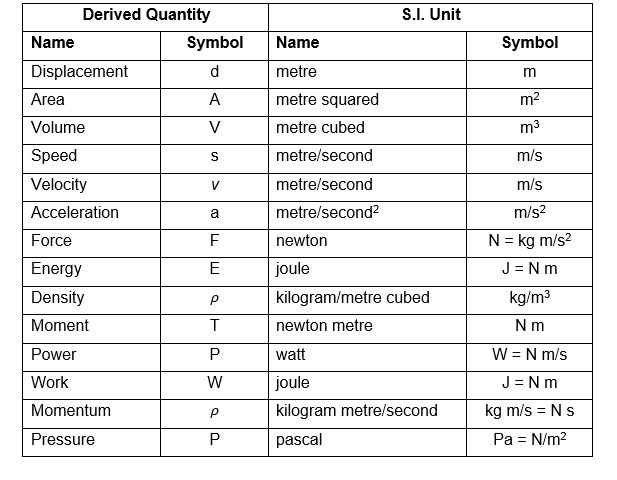A force while acting on a body may
* change its motion
* balance the forces, already acting on it
* give raise to the internal stresses in it
1) A force while acting on a body may
all of these
Related Engineering Mechanics MCQ with Answers
all of the above
In order to determine the effects of a force, acting on a body, we must know
* magnitude of the force
* line of action of the force
* nature of the force i.e. whether the force is push or pull
Newton
In S.I system of units, the unit of force is Newton (briefly written as N). A Newton may be defined as the force, while acting upon a body of mass 1 kg, produces an acceleration of 1m/s2 in the direction of which it acts.
1 N = 1 kg x 1 m/s2 = 1 kg-m/s2

9.8N
One kg force is equal to 9.8 N.
1Kgf (one kilogram force) is the force exerted by one kilogram mass when it is kept in a gravitational field of magnitude 9.8m/s² .
And force equals to
F=ma
F=1Kg × 9.8m/s²
So 1kgf=9.8N
principle of resolution of forces
The algebraic sum of the resolved parts of a number of forces in a given direction is equal to the resolved part of their resultant in the same direction. This is known as principle of resolution of forces.